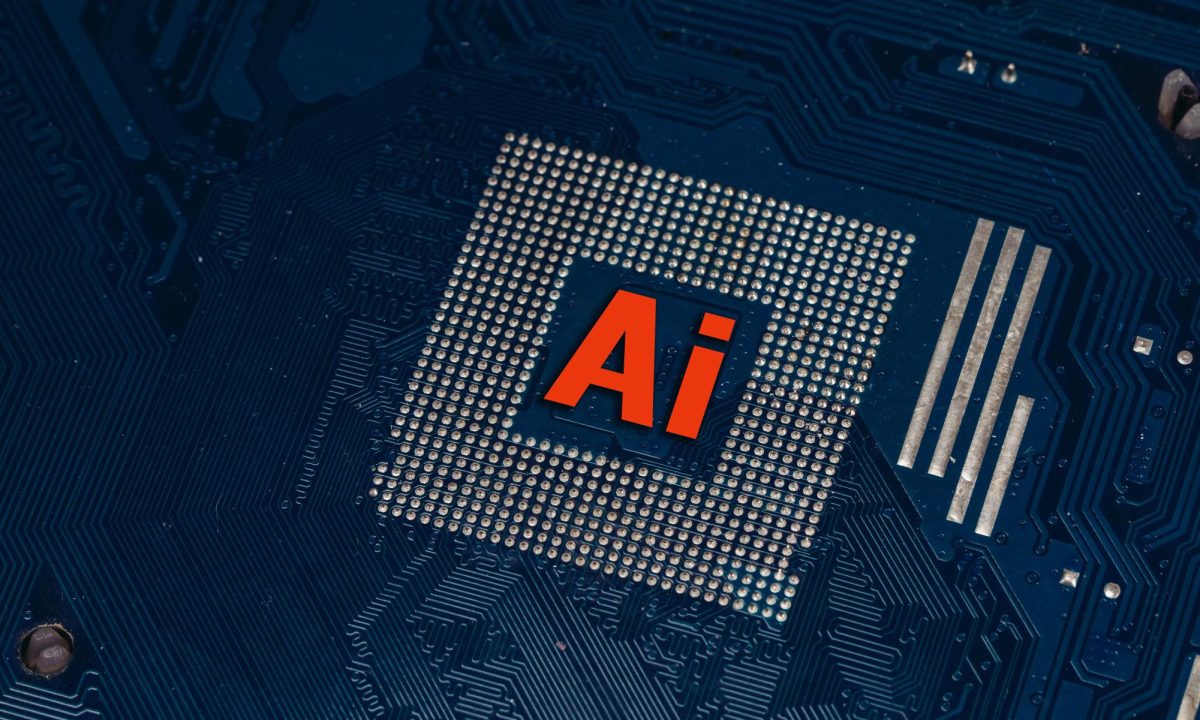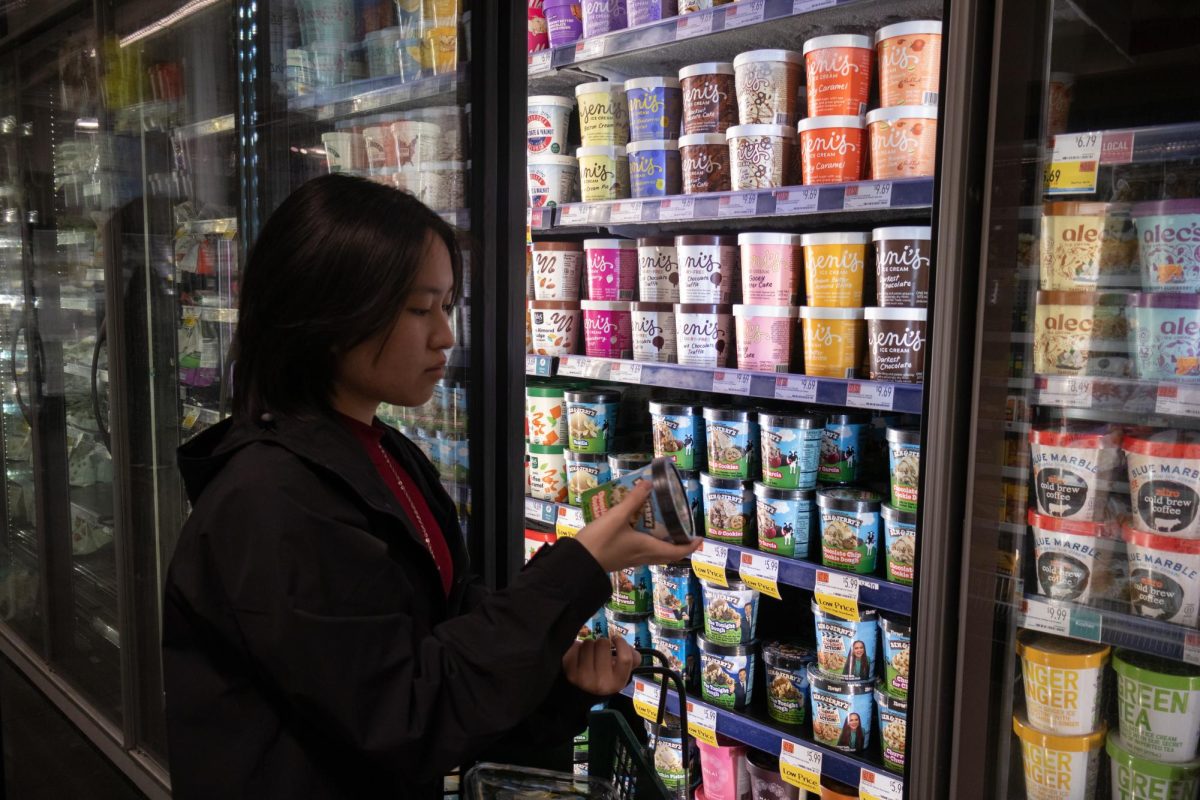Elon Musk has launched a legal battle against Apple and OpenAI. His artificial intelligence company, xAI, filed the lawsuit on Aug. 25, accusing the two of colluding to maintain monopolies in smartphones and AI chatbots.
The suit, filed in the U.S. District Court for the Northern District of Texas, alleges Apple manipulated its App Store to favor OpenAI’s ChatGPT while sidelining xAI’s Grok chatbot.
Musk’s lawyers described the partnership as an “anticompetitive scheme” that makes it nearly impossible for rivals to succeed, according to CNBC.
For weeks, Musk has criticized Apple on X, formally known as Twitter, claiming Grok was blocked from reaching the top of App Store charts. He wrote that Apple acts “in a manner that makes it impossible for any AI company besides OpenAI to reach number one.”
Last year, Apple announced ChatGPT would be integrated into iPhones, iPads and Macs. The lawsuit stated the partnership gives OpenAI billions of user queries, valuable data that strengthens its models and widens the gap against competitors, The New York Times reported.
Beyond the lawsuit, the case reflects Musk’s broader ambition to turn Grok and X into a “super app.”
Super apps combine messaging, payments, social media and AI in one platform, a model Musk has promoted for years.
Musk believes Apple sees this as a threat to its dominance.
The legal fight also revives Musk’s long feud with OpenAI CEO Sam Altman. The two co-founded OpenAI in 2015 before Musk left in 2018 over disagreements.
Since then, Musk has accused Altman of steering the company toward profit at the expense of the public good.
Last year, Musk sued OpenAI for breach of contract and attempted a $97.4 billion takeover bid that was rejected. Altman then accused Musk of hypocrisy, claiming he manipulated X to benefit himself while criticizing others.
OpenAI dismissed the new lawsuit as “consistent with Mr. Musk’s ongoing pattern of harassment,” CNBC reported.
Apple has not yet commented on the case, though it has previously defended its App Store as “fair and free of bias.”
As the case develops, it could shape the future of AI competition and app marketplaces.








